With the growing popularity of road trips, camping, and outdoor adventures, sleeping in your car has become an increasingly common practice. Whether you’re a traveler passing through New Hampshire or a local looking for a safe spot to rest, it’s important to understand the laws and regulations surrounding sleeping in vehicles in the Granite State. This comprehensive guide explores New Hampshire’s legal landscape, practical considerations, and critical tips for ensuring your overnight stay is both safe and lawful.
Understanding New Hampshire’s Laws About Sleeping in Your Car
Sleeping in a car is not an uncommon sight across New Hampshire, especially near natural attractions like the White Mountains, Lake Winnipesaukee, and the Kancamagus Highway. However, what does the law actually say about this practice? The short answer is that, under most circumstances, there is no statewide law in New Hampshire explicitly prohibiting sleeping in your vehicle. Instead, legality largely depends on local ordinances, property rules, and how long you plan to remain parked.
Statewide Regulations and Enforcement
While New Hampshire does not have a blanket law against sleeping in vehicles, that does not mean you are free to do so anywhere. Key state-level considerations include:
-
Public Safety: Law enforcement may intervene if your parked vehicle poses a safety hazard, blocks traffic, or is in a high-crime area.
-
Intoxication Laws: Sleeping in your car while intoxicated can result in DUI charges, especially if you are found with the keys in the ignition or the vehicle is running.
-
Vagrancy and Loitering: New Hampshire generally avoids “vagrancy” laws, but local ordinances may still restrict overnight parking in certain areas, especially in downtown districts or near businesses.
Local Ordinances and Parking Restrictions
Many New Hampshire towns, cities, and tourist destinations have their own rules governing overnight parking. These regulations can be more restrictive than state laws, so it’s crucial to check with local authorities or signage before settling in. Common local restrictions include:
-
Time Limits: Many public lots and streets have posted limits, frequently prohibiting parking between midnight and 6am.
-
Private Property: Sleeping overnight in your car on private land (such as shopping malls, commercial lots, or restaurant parking areas) is generally not allowed without explicit permission.
-
Campgrounds and Parks: State parks, national forests, and designated campgrounds often offer the safest and most legal places to sleep in your car, but may require reservations or a small fee.
Why People Sleep in Their Cars in New Hampshire
The reasons people choose to sleep in their vehicles vary widely. Some travelers are seeking adventure and flexibility on long road trips, while others may be experiencing emergency circumstances. According to a recent travel survey, nearly one-third of road trip participants across the United States indicated they have slept in their car at least once, and the practice tends to spike during busy travel months such as summer and fall. In New Hampshire, the most common spots for overnight car sleepers are scenic areas, roadside pullouts, and rest areas.
Rest Areas, Service Plazas, and Legal Places to Sleep in Your Car
New Hampshire operates several highway rest areas and service plazas. Most are designed for short breaks and typically allow parking for up to a few hours, though policies regarding overnight stays vary. Here are a few guidelines:
-
Interstate Rest Areas: Generally, short-term stays are allowed but sleeping overnight may attract attention from highway patrol or security personnel.
-
Truck Stops: Many allow overnight parking and have facilities such as restrooms and cafes, making them a preferred choice for long-haul travelers.
-
Campgrounds: State park campgrounds and RV parks explicitly allow vehicle camping, sometimes for a modest fee.
Potential Legal Risks: DUI, Trespassing, and Local Enforcement
Sleeping in your car is mostly safe and legal when done respectfully and within posted guidelines, but certain legal risks still exist:
-
DUI Laws: Even if you’re not driving, being intoxicated and in the driver’s seat can lead to criminal charges if a law enforcement officer determines that you’re in physical control of the vehicle.
-
Trespassing: Parking overnight in prohibited private lots can lead to trespassing citations or towing.
-
Disturbances: Noise complaints or suspicious behavior may prompt police to check on parked vehicles.
Conclusion
Sleeping in your car in New Hampshire is generally not illegal, but it is subject to a patchwork of local ordinances and site-specific rules. By avoiding prohibited zones, practicing respect for local communities, and exercising basic safety, travelers can enjoy the flexibility of car sleeping without running afoul of the law. Always check the regulations for your chosen area, plan your route, and prioritize both legal compliance and personal security. Whether you’re on a cross-country adventure or handling an emergency pit stop, New Hampshire’s open roads offer possibilities for responsible overnight car stays.
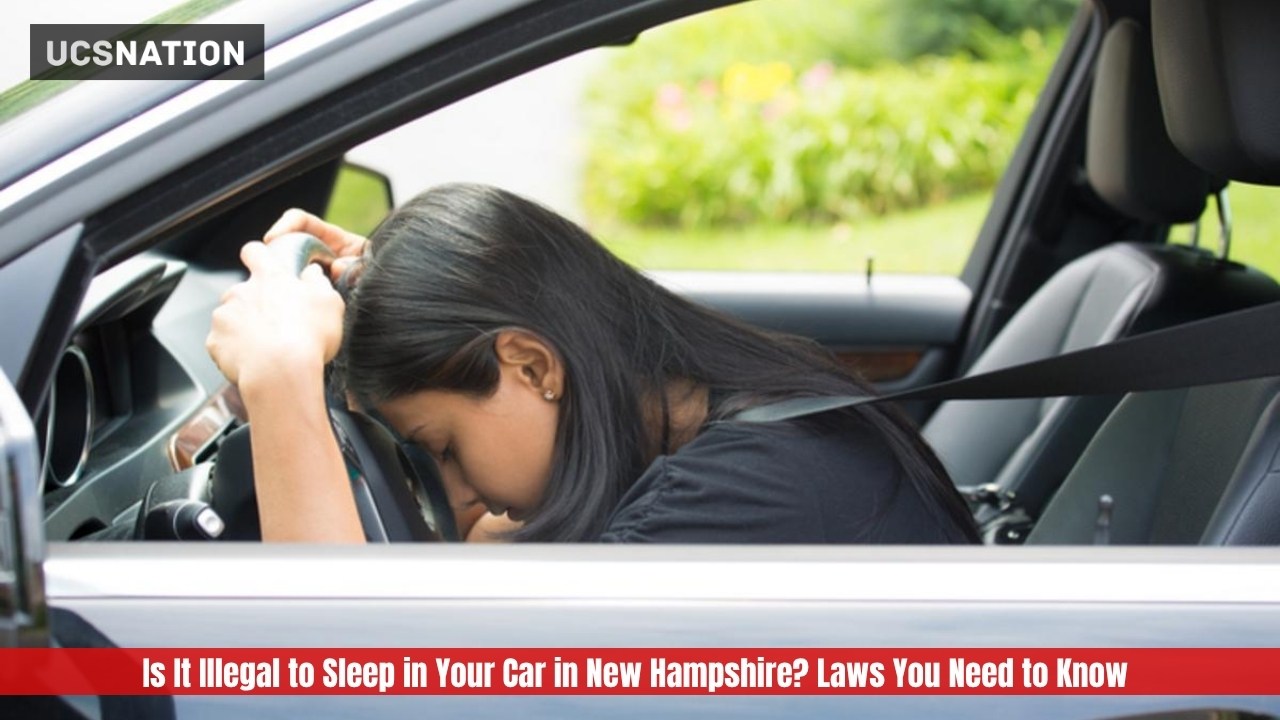





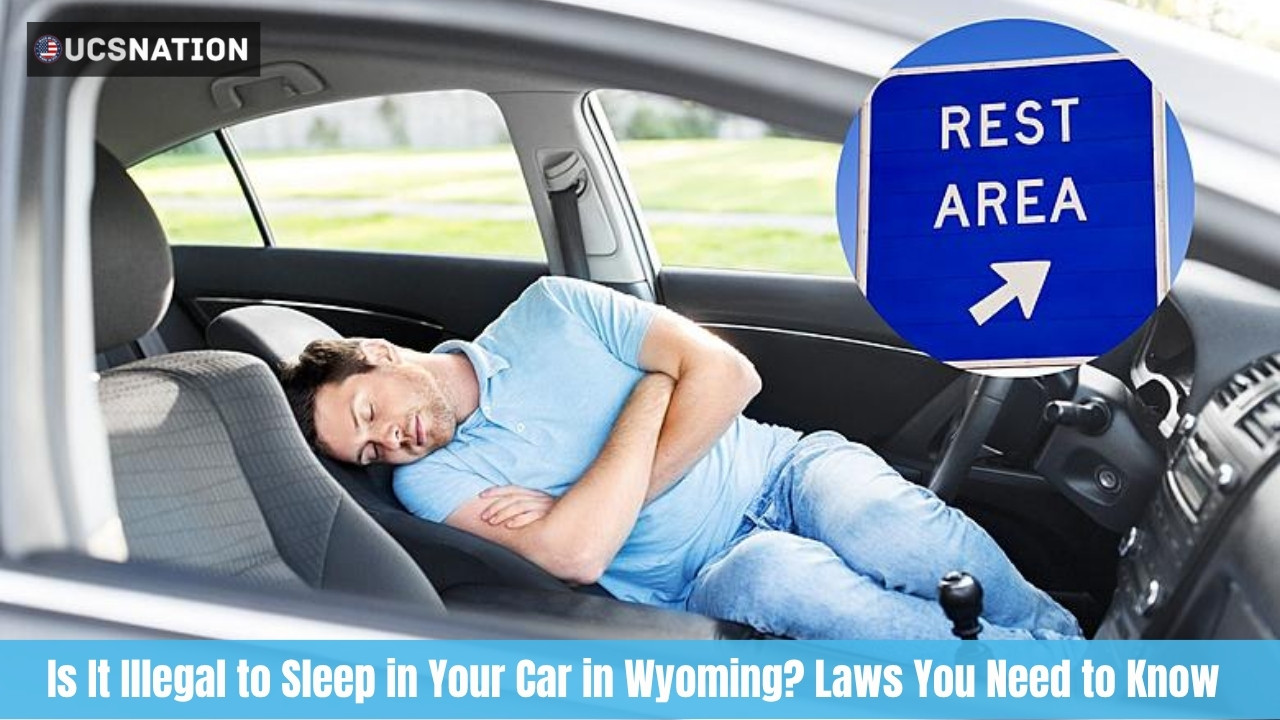
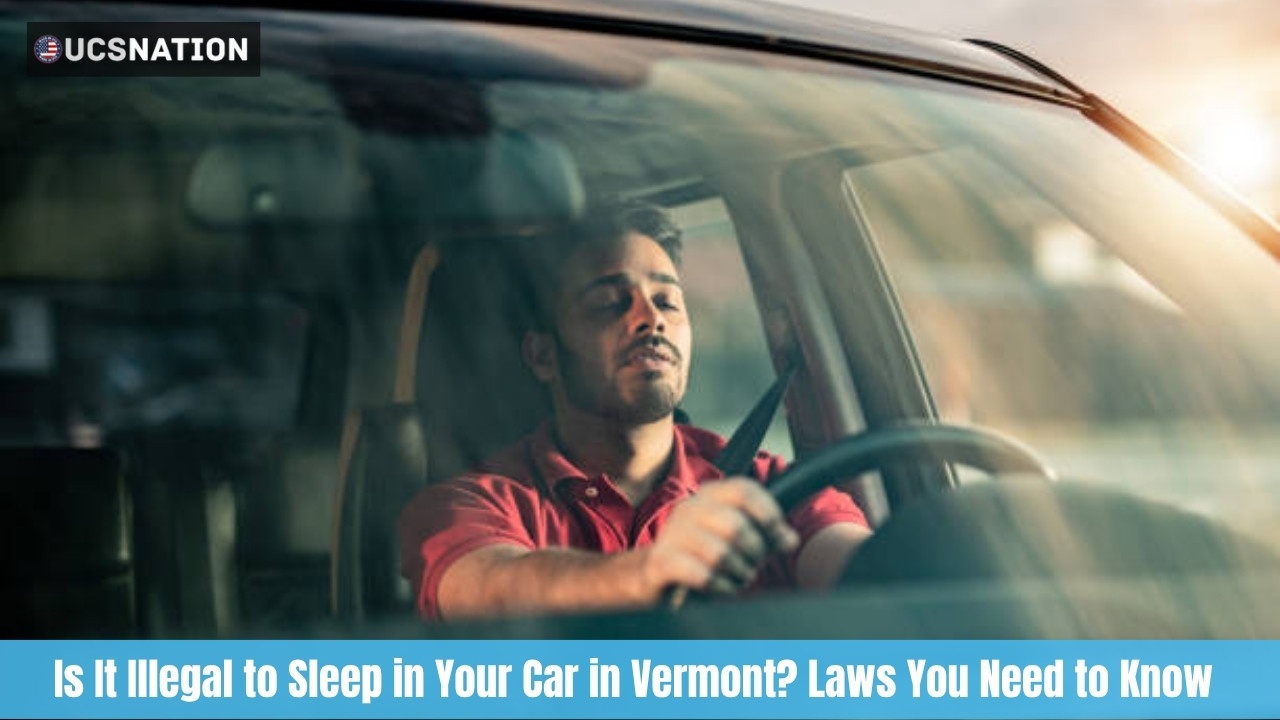
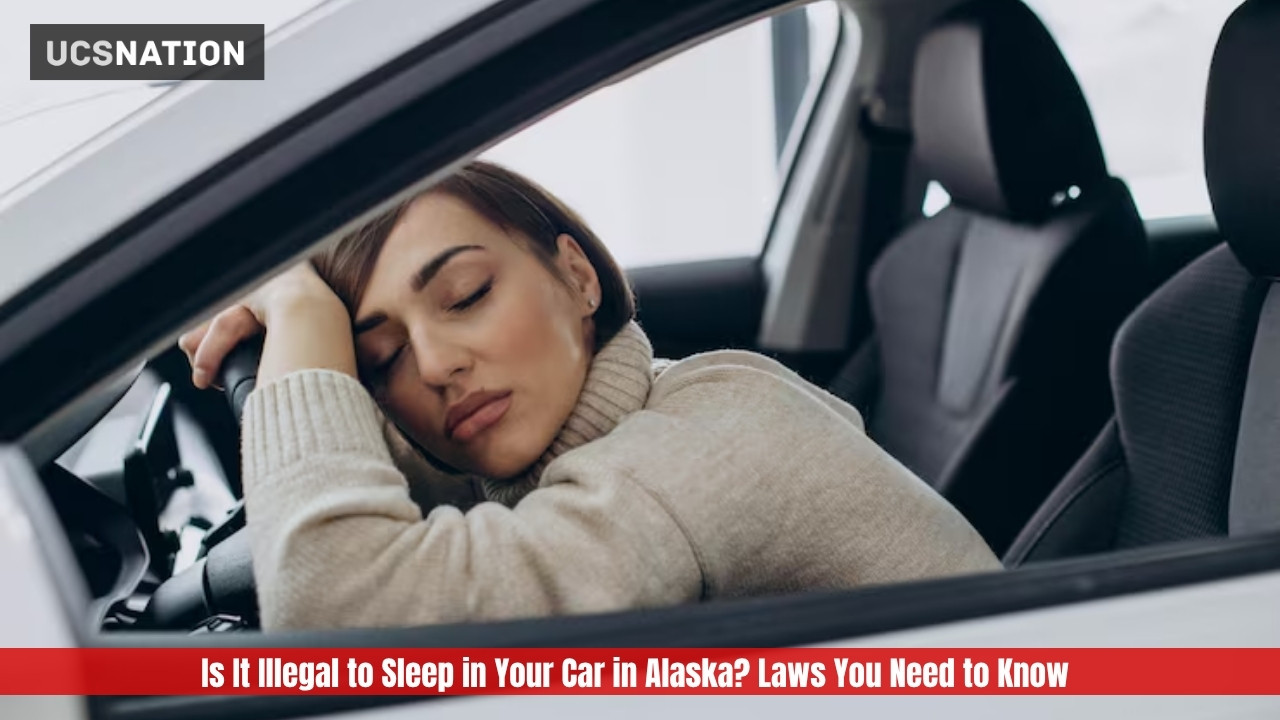
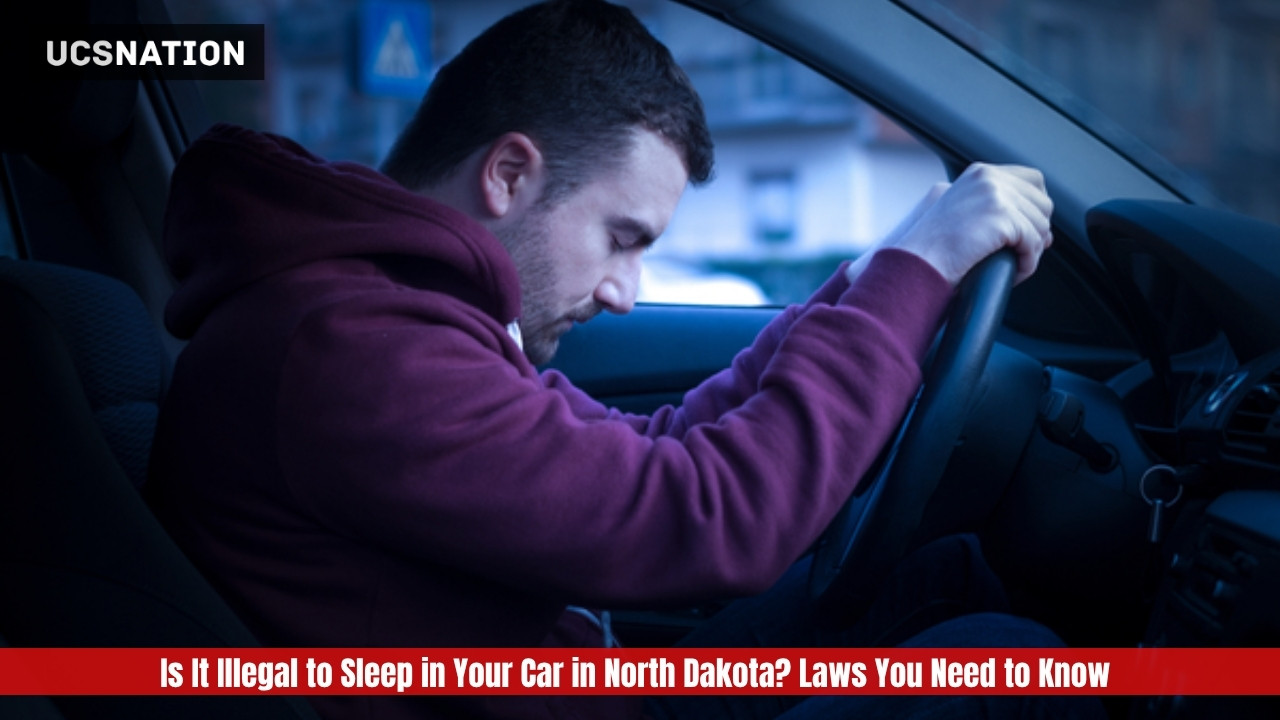
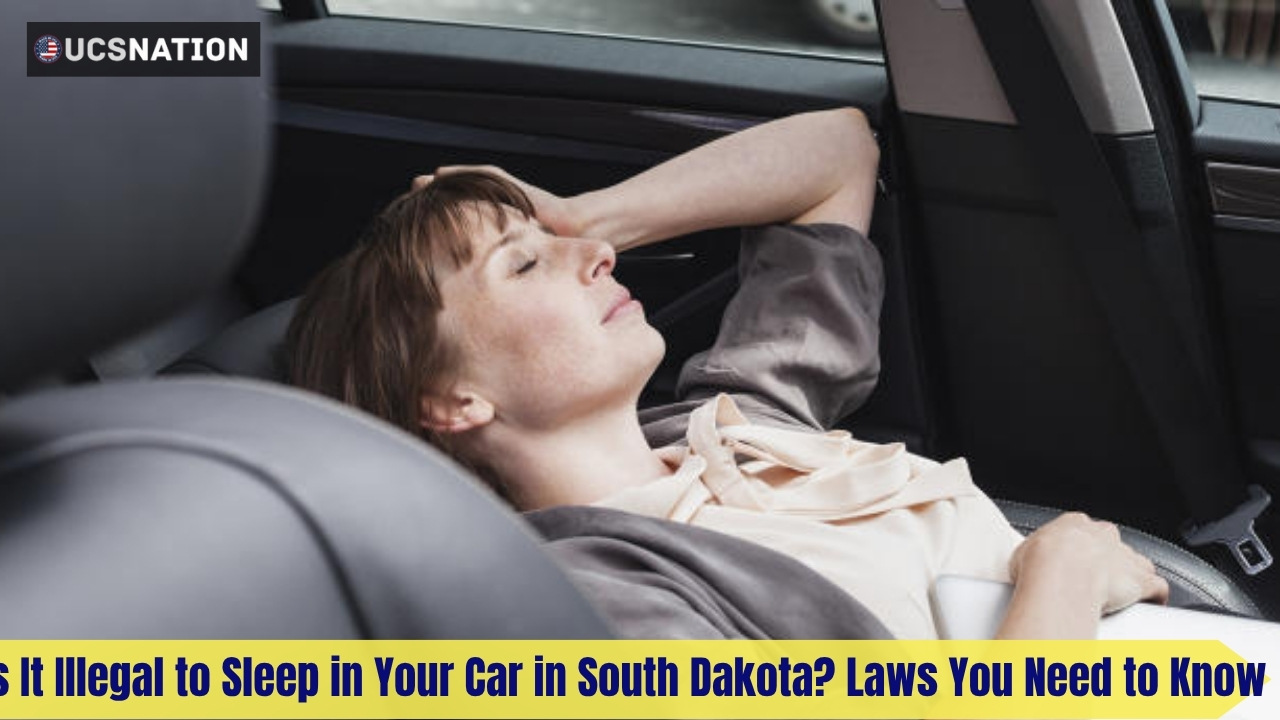




Leave a Reply